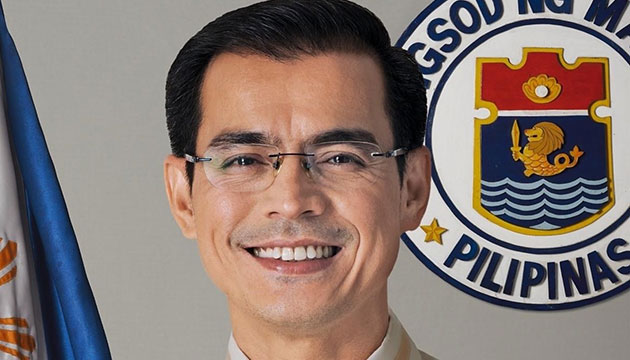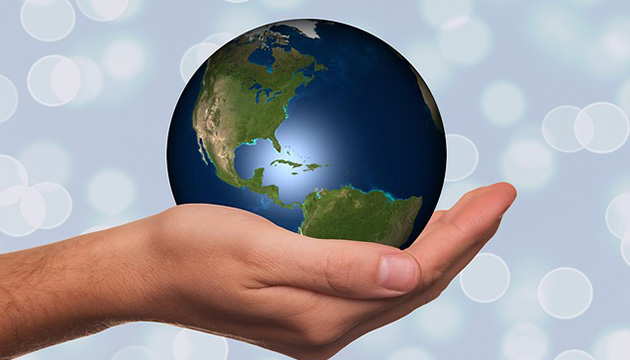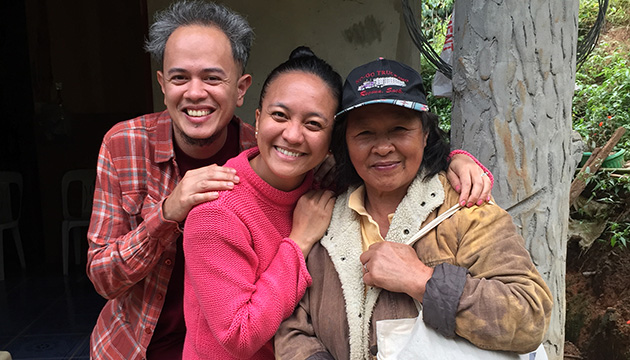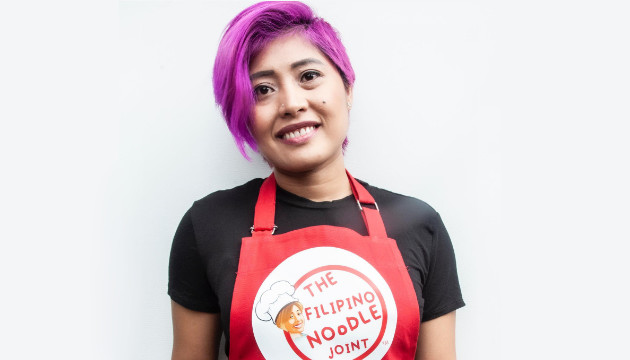(Note: This is the fourth of a five-part series on candidates running for president in the Philippines in the May 9, 2022 election. Canadian Filipino Net started the series in November 2021 with Ferdinand “Bongbong” Marcos Jr., Maria Leonor Robredo in December and Panfilo Lacson in January.)
Every Juan’s man Isko Moreno’s life story is the stuff that telenovelas are made of.
Moreno was born and raised in the slums of Tondo, Manila to a stevedore father and a laundrywoman mother, picking up garbage as a young child to augment the family’s meager income. His golden ticket to showbusiness came by way of a talent shout encouraging him to audition for the now defunct That’s Entertainment variety show. He adopted the screen name Isko Moreno as a tribute to the show’s host. His real name is Francisco Moreno Domagoso.
The rest was showbiz history until 1998 when Moreno tried his luck in local politics by running for councilor for the City of Manila. Three terms as councilor later, and then three terms as vice mayor (exhausting both three-term limits), Moreno ran for national office in 2016 as a senator but was unsuccessful.
In 2018, Moreno’s affiliation with the Duterte administration was formed when he served as Social Welfare undersecretary. The appointment was brief because a year later, Moreno went back to local politics by running for Manila mayor, winning the election by a landslide, against seasoned politicians former president Joseph Estrada and two-term Manila mayor Alfredo Lim – both of whom used to be Moreno’sclose allies.
Moreno’s popularity as Manila’s “yorme” (mayor quickly soared when a number of meaningful and well-publicized projects were implemented in Manila including the clean-up of the city’s core and marketplaces in Divisoria and Quiapo during his first year in office. He recently inaugurated a vertical housing project dubbed Tondominium, a homage to his birthplace. Moreno's infrastructure projects are said to cost around P15 billion, most of which was funded by loans from the Development Bank of the Philippines (DBP) and Landbank.
Fast forward to 2022, Moreno isn’t only seeking a post in national office. He is running for the highest national office as president, with Dr. Willie Ong as vice presidential running mate.
In the melee of party-transfers and shifting allegiances during the filing of certificates of candidacy in late 2021, Moreno changed political party membership from the National Unity Party (NUP) where he was vice chair for political affairs to Aksyon Demokratiko, a party that labels itself “centrist” within the political spectrum.
NUP is led by its chair Ronaldo V. Puno who supported the presidential bids of former presidents Fidel V. Ramos, Joseph Estrada and Gloria Macapagal-Arroyo. The late former senator Raul Roco, who ran unsuccessfully for president, founded Aksyon Demokratiko.
As recent as the nationwide presidential campaign kick-off on February 8, Moreno received support from the Mayor Rodrigo Roa Duterte National Executive Coordinating Committee (MRRD-NECC), a volunteer group that was mobilized for the 2016 presidential bid of Rodrigo Duterte.
Moreno presents himself as an alternative non-traditional candidate during his proclamation rally when he took a swipe at the Marcoses and the Aquinos (pointedly skipping reference to Duterte’s term)and answering criticisms about his decision to “rush” into national government by asking the question: “So how’s the Philippines after 39 years?”
The presidential aspirant pledges that his style of governance and success in serving the City of Manila can be replicated at the national government level: “Kung kaya natin sa Manila, kaya sa buong bansa.”
Moreno adopted a platform of speedy, efficient, energetic, and results-oriented leadership, summarized by his campaign slogan, “Bilis Kilos” (fast action). His 10-point economic agenda promises increased spending on education, housing (one million housing units for 4.5 million Filipinos in six years), research and development; a “clear” pandemic plan; one doctor for every 1,000 Filipinos; support for startup industries so that, within the six-year presidential term, a “unicorn” venture will emerge (A “unicorn” is a privately-held startup firm with a value of over $1 billion); implementation of an open data policy; curbing corruption by using technology for government transactions; among many others.
When asked how he plans to fund projects, Moreno would tap what he calls“underutilized” budgets and ask local banks like the DBP and Landbank to create loan programs targeting the sectors mentioned in his platform. Riding on Rodrigo Duterte’s coattails and his Build, Build, Build program, Moreno promised to build “more hospitals, more schools, more housing.”
If elected president, Moreno also promises to uphold the Hague Ruling against China but will keep China as an economic partner and to support legalization of divorce but oppose same-sex marriage. He believes there are extrajudicial killings in Duterte’s drug war but won’t hand Duterte to the International Criminal Court and is anti-abortion but not if the pregnancy endangers the life of the mother.
Moreno’s provenance is poverty, but will the Philippines’ poor (as well as his many past and present allies) support his presidential bid?













